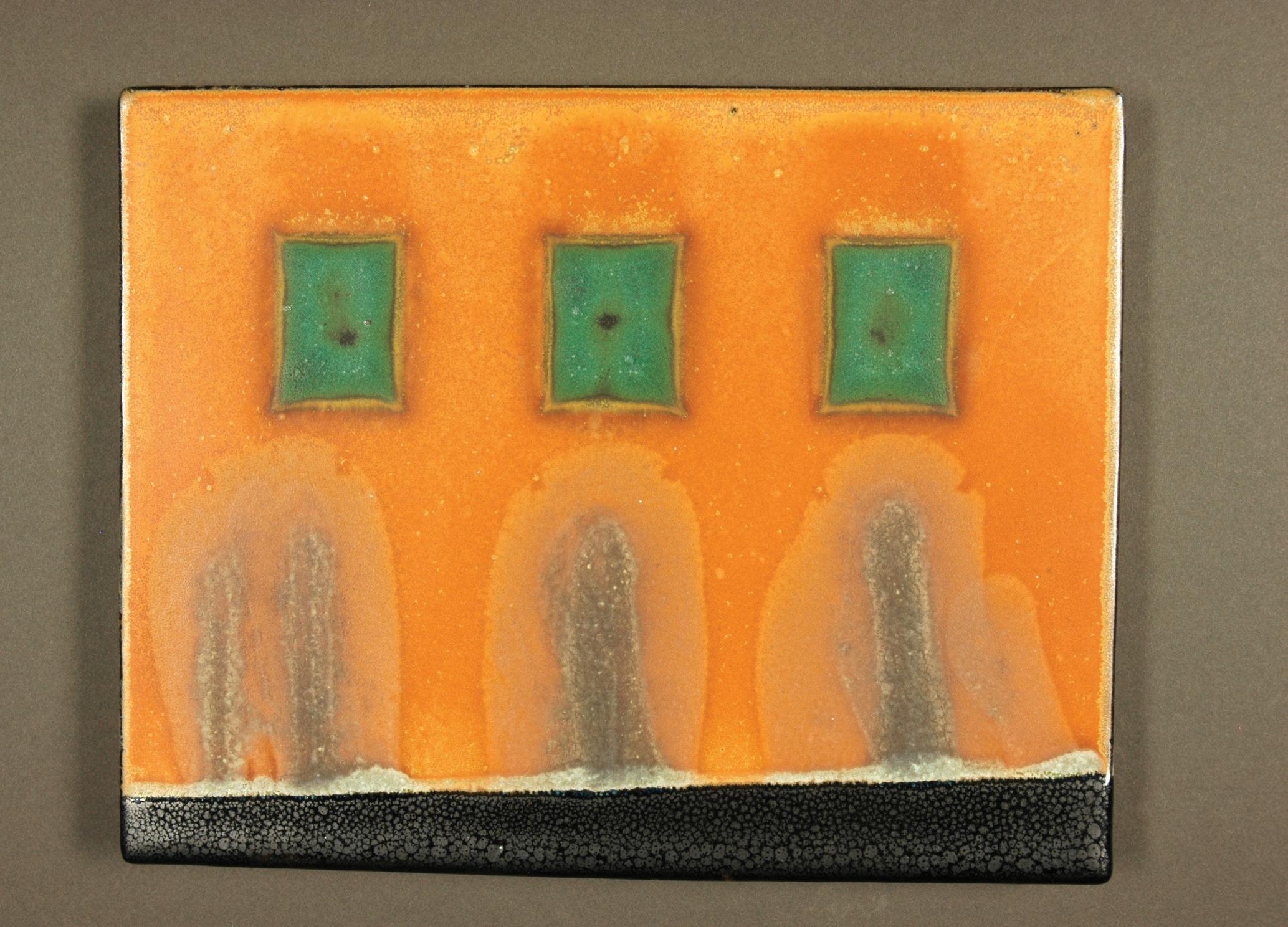
4 minute read
Connection During COVID-19
Connection During
by Sandy Eichel
Advertisement
COVID-19
I’m a big-time hugger. Always have been. I miss hugs. I mean, something fierce! And now, with having so much more stress in my life, I crave them even more, which makes not getting them even more depressing.
In this COVID-19 world, we’re all low on oxytocin, the love hormone. Oxytocin relaxes us and gives an overall feeling of well-being. It can lower feelings of depression and boost our immune system. It’s the hormone that’s released when you’re falling in love, when you’re bonding with your baby, and when you’re hugging and connecting with people. It’s important for good mental health. No wonder we’re all so darn cranky these days!
I’m an extrovert, so I started to have a hard time as soon as the quarantining began. I’m accustomed to seeing people daily; it’s where I get my energy. Connection is how we feel belonging, and humans are hardwired to want to belong and crave connection, even if they’re introverts. It’s not that we need to constantly see people or hug all the time; it’s simply a sense of feeling connected to others in some way. And feelings of isolation can affect you negatively both mentally and physically, and lower your immune system or have other negative health impacts. How do we have authentic connection in this current normal and also in the virtual world? Other than throwing caution to the wind and hugging all of our friends and family we’re supposed to be socially distancing from, there are things we can do to release more oxytocin in our brains so we can feel happier.
Any connection is better than no connection, and it doesn’t have to be difficult to do. Petting your dog or cat can release oxytocin. As cheesy as it may sound, letting people in your life know how much they mean to you, telling people you love them, releases more of the happy hormone. Doing acts of service for others releases more oxytocin and doesn’t have to involve the risk of physical closeness. That may mean doing what I call “random acts of baking” and leaving your friends treats on their doorstep. I have done this a few times since March, and it brings me, as well as my friends who receive my baked goods, so much joy.
Acts of service can also mean donating things or money to organizations, or making calls for them. It can mean sending letters or cards by good ole snail mail. If you’re working on a new craft project and are in need of supplies, post about it on social media to see if others are willing to share what they have, and then you can reciprocate.
A month or so into the quarantine, when I was really struggling with depression, I decided to make masks for healthcare workers to feel like I was doing something to help. I didn’t have enough fabric, so I posted an ask on social media. Friends dropped off piles of fabrics for me. A little while after that, a friend posted that he was out of yeast and couldn’t find any anywhere. I had a stock pile and was able to share the wealth with him.
These things helped me to feel connected to the community I so desperately missed. I’ve heard others are doing virtual crafting or gaming sessions. I was asked to join a book club a few months ago to read books on racial equality and social justice. The discussions we’ve had have been very engaging, and when each call ends, I feel more connected.
I know many of us are all Zoomed out from work, but having Zoom sessions or phone calls with people can be amazingly impactful. I have a few friends that I’ve gotten even closer to during this time, and the relationships mean the world to me. I’ve also set up a few virtual dinners with friends, where we each make different food, arrange a
porch pick-up/drop-off exchange, and then video call while eating the collective food. Is it as fun as in person? No, but it helped us to feel more connected to friends we desperately missed.
Exercise boosts our mood and releases endorphins in the brain, but not all exercise is equal. Yoga not only releases endorphins, it also produces our magic hormone, oxytocin. Meditation, especially loving kindness meditation where you send good will to others, produces oxytocin.
Listening to music certainly elevates our mood, but singing or playing an instrument can help release even more oxytocin and help ward off depression. Even if you aren’t a good singer, crank up your favorite tunes and SING YOUR HEART OUT!
Connecting with nature boosts oxytocin levels, so take a hike in the woods, listen to the birds sing, or spend time looking at plants you find beautiful. You can even use your walk to visit a friend from a very safe distance to say hello.
Whatever you choose to boost your oxytocin level, just do something to make yourself feel better. If you can’t do anything because you’re too gripped with depression, reach out to someone close to you or a healthcare professional to talk about it. These are hard times, indeed, but feeling joy and connection is an important part of getting through it, which is what we all need to do.
Sandy Eichel is a happy ex-should-er.
Sandy Eichel

Check out our video podcast series with Sandy, Living in Uncertain Times, at madisonessentials.com.












